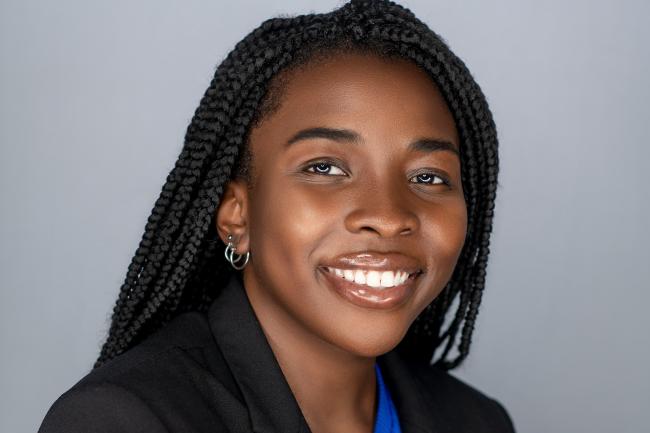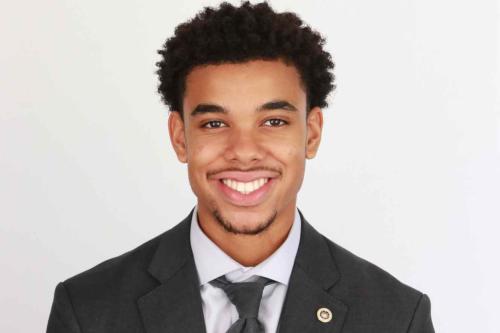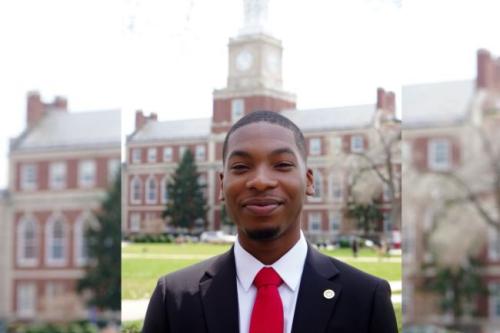Senior biology major Olufolakemi “Fola” Olusanya was recently named a Rising Black Scientist by Cell Press, the publisher of the journal Cell in the award’s inaugural year. Her award includes $10,000 and another $1,000 in scientific materials from Cell Signaling Technology. Olunsanya is a Karsh STEM scholar, Howard’s premier scholarship program for high-achieving students in the STEM fields.
Q: How does it feel to be named a Rising Black Scientist?
A: It’s really exciting and kind of unexpected. It’s a really great way to start your scientific career with that kind of recognition, and I feel like there is nowhere else to go but up. But I know I couldn’t do it without the mentors and peers and without Howard, which put me in the direction of research in the first place.
Q: What area are you most interested in?
A: I’ve been doing a lot of microbiology since my sophomore year, studying bacteria and microbes. I think they’re super cool. We really don’t talk about them outside the context of them harming us, but there is an entire universe. They’re so small but they impact us so much.
Q: What are your plans after graduation?
A: I’m looking really heavily at pursuing academia. I love the idea of lecturing and running a lab, so I applied to microbiology Ph.D. programs. I’m hoping to stick with microbes because I think they’re really interesting, and, with COVID-19, we all know how important they are. I don’t think I’ll be out of a job anytime soon.
I’m also looking in the direction of science communication and verging the gap between the scientist and the general public. COVID is a perfect example where what scientists were saying was being warped [by non-scientists]. We need actual scientists bridging that communication gap and expressing their science in an effective way, which I’m interested in doing.
Q: What advice do you have for girls and young women interested in the sciences?
The one thing that I can take away from my Howard experience is the tribe I built with other women who are interested in science. I have a study group of 6-7 other women, and it’s tough because we’re all apart this semester. We want similar careers and goals, and we have each other’s backs. There are so many ways to find your village through social media and the internet.
Q: What do you think is needed to get more women, and specifically, more Black women, involved in the sciences?
Early intervention. We need to start creating programs and having female scientists go into elementary schools and show how this is something [girls] can do. We need to make a lot of these programs and camps more accessible in terms of cost and location. It’s all about accessibility, communicating and representing women and black women in science and making women and girls realize that this is something they could do.





